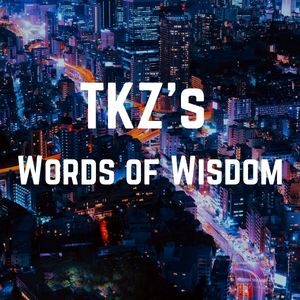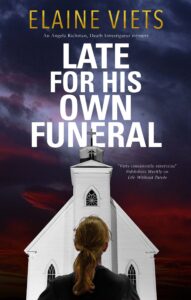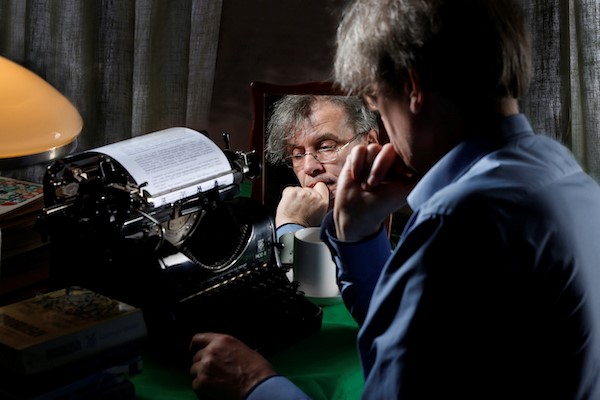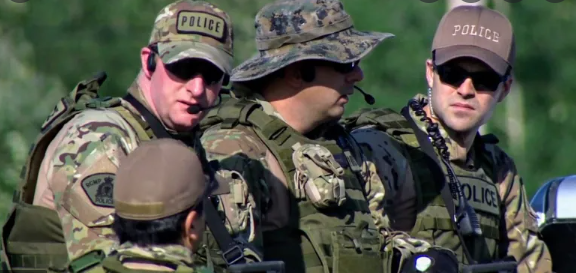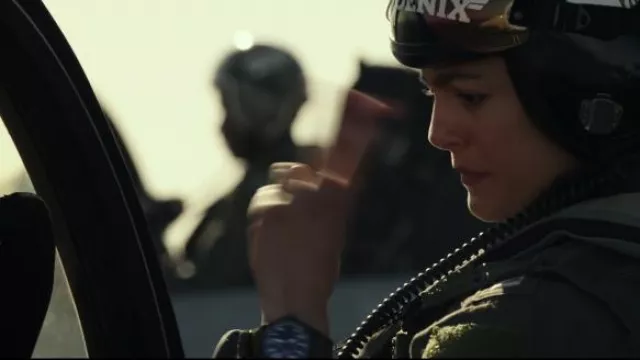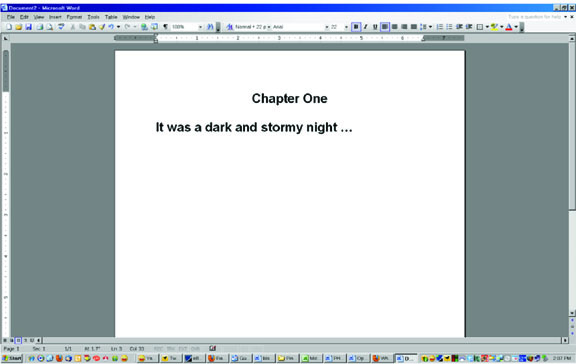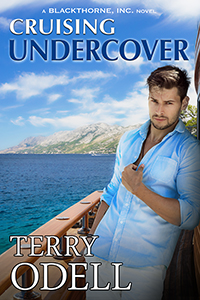
Photo credit: wikimedia CC-BY-SA-3.0
By Debbie Burke
Let’s welcome another Brave Author who submitted a first page for review. Enjoy reading it then we’ll discuss.
~~~
“Waller, they found a body on the Midwest Bike Trail about two hundred feet east of the Northwestern tracks,” stated Police Sergeant David Dodson, our special-operations supervisor. His voice was full of tension. Even when he smiled, his dark brown eyes never quite lost their keenness or their watchfulness.
I sat up straighter at my desk. “Isn’t that the Forest Preserve Police?” I asked into my cell.
“They’ve asked us to handle it because it looks like a homicide. I want you and Garcia on it. I’ll notify the coroner next.”
“A body? Yeah, we’re on it.” I looked at my partner, Detective Carlos Garcia, seated at his desk. He’s not bad looking. The Fu Manchu mustache looked good with his brown skin. A raised glazed donut perched in his right hand and a paper cup of Dunkin coffee before him on his desk. His white shirt and blue suit hung lean and long off his well-tapered build. I looked down at my solidly built arm, thinking, how can he eat donuts and still look like that? I became aware I had to hook my belt on the last notch when I dressed that Monday morning. I told him, “They’ve got a body for us.”
Garcia’s hand stopped halfway to his mouth. He made the necessary adjustments that would transform his appearance from simply splendid to magnificent. Only after each hair had been lovingly combed into position and his silk tie straightened, the second button of his jacket buttoned, he rose his six-foot frame and said, “Let’s go.”
My career as a detective with the violent Crimes division of the West Chicago Police Department exposed me to a lifetime of crime and tragedy. We strode out of the station house in a hurry to begin our job. I pride myself on being a no-nonsense individual. I’m thirty-five-year-old Detective Alicia Waller. My black shoes making long, mean strides.
Once in our unmarked Ford Explorer, I turned towards him and asked, “What do you know about the bike path?”
Garcia grew up in this town, probably walked that path hundreds of times as a teenager.
~~~
Okay, let’s dig in.
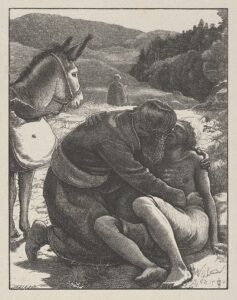
Photo credit: Public domain
The title Samaritan Sins intrigued me. Samaritan conjures the image of kindness and compassion. Sins brings to mind misdeeds, perhaps even evil. The ironic juxtaposition hints at the story’s conflict. Does a good person commit a terrible act? I want to learn more. Well done!
Unfortunately, this first page doesn’t live up to its promising title.
Brave Author, recently Terry Odell and Jim Bell wrote excellent posts on beginnings. I highly recommend you read them at links here and here.
Jim coined a new term—Wood—and quoted an old saying:
Your story begins when you strike the match, not when you lay out the wood.
The first page of Samaritan Sins is wood laying. It needs work before a match lights it on fire.
Brave Author is getting acquainted with the characters, their backgrounds, and the setting, before starting the story. Yes, preparation is important homework. But the information belongs in an outline, story notebook, character sketch, etc., not on the first page.
Police procedurals—which this appears to be—generally start with a dead body, in this case on a bike path in West Chicago. However, neither the point-of-view character, Detective Alicia Waller, nor the reader sees the body firsthand.
Instead the story begins with a report by a supervisor, Sergeant Dodson. That distances the reader from the crime. A report by phone, rather than in person, adds even more distance.
Further, it’s confusing. Alicia describes Dodson’s watchful dark brown eyes as if he is standing in front of her. Yet, in the next paragraph, she is talking to him on her cell.
The farther away from the crime, the less a reader cares about it. A crime needs to provoke an emotional response from the reader. A third-hand phone report dilutes the impact.
Details like “two hundred feet east of the Northwestern tracks” also dilute it. Specific details are important to paint a vivid picture. But choose details the reader cares about, not bland measurements.
There is a lot of repetition.
“…they found a body…”
“A body? Yeah, we’re on it.”
“They’ve got a body for us.”
Alicia mostly tells about Carlos Garcia, rather than showing. The description is also repetitive.
He’s not bad looking.
The Fu Manchu mustache looked good with his brown skin.
…transform his appearance from simply splendid to magnificent.
She appears to have a crush on him. Fine, but is that important enough to include on the first page? Not unless it’s significant to the story.
I strongly recommend getting rid of the donut cliché. Look for fresher ways to show Carlos’s looks. But again, consider if these details are significant enough to use up valuable first page real estate. If not, cut them.
Only after each hair had been lovingly combed into position and his silk tie straightened, the second button of his jacket buttoned…
Would this vain-sounding guy fuss with his appearance without first washing donut glaze off his hands?
I mention this because his sticky hands took my mind far away from the dead body. When the reader can be distracted that easily, there’s a major problem.
My career as a detective with the violent Crimes division of the West Chicago Police Department exposed me to a lifetime of crime and tragedy.
This statement is pure telling without offering insight into Alicia’s personality or how the career has affected her. Is she jaded? Wounded? Fed up? Does she still hold out hope she can help people? “A lifetime of crime and tragedy” is vague and meaningless without specifics.
I pride myself on being a no-nonsense individual. I’m thirty-five-year-old Detective Alicia Waller. My black shoes making long, mean strides.
Again, more telling rather than showing. How important is it for the reader to know this on the first page?
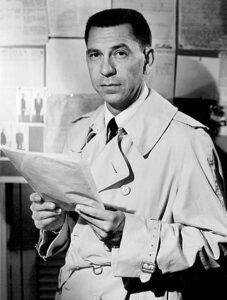
Photo credit: Public domain
A Jack Webb/Dragnet-style introduction could condense the background info and establish a distinctive voice while also moving the story ahead. Here’s one way it might be written:
I’m Detective Alicia Waller, West Chicago Police Department, fifteen years on the job, the last four in Special Operations. I’m thirty-five, wear sensible shoes, battle my weight, and have a secret crush on my partner, Carlos Garcia, a stylishly-dressed six-foot hunk with a Fu Manchu mustache. He’s vain but I forgive that flaw because he’s easy on the eyes.
Together we’ve worked violent crimes ranging from gang murders to a sexual assault on a ten-month-old baby that sent us both to the department shrink.
Today, we stood over a deceased teen-aged male lying face-up on the Midwest Bike Trail. Forest Preserve Police had called us because they suspected homicide.
The above is about 100 words, conveys relevant facts, introduces characters, and plops the reader into the crime scene.
Wordsmithing:
Overall, the writing is competent but verb usage needs work.
Stated is an awkward verb that draws attention to itself. Why not use said?
Perched is another odd verb. A parakeet might perch on his hand but not a donut.
…a paper cup of Dunkin coffee [sat] before him on his desk. Missing verb.
His white shirt and blue suit hung lean and long off his well-tapered build. Hung doesn’t work. Is the suit hanging lean and long? Or do you mean his build is lean and long?
…he rose his six-foot frame. A person generally doesn’t raise his frame unless the frame is for his barn.
My black shoes making long, mean strides. This sentence lacks a verb. It’s also inaccurate and awkward. The shoes aren’t striding; Alicia is. What are “mean strides”? Emphatic, loud, decisive?
In trying to be creative with verbs, BA instead inserts speed bumps and confusion.
~~~
Brave Author, I hope you don’t feel beat up by these comments. As writers, we’ve all been here. It’s part of the learning process as you hone your craft.
I suggest you save this first page in a “story notes” file. Refer to it as you develop the plot and characters. The information is useful background—it just doesn’t belong on page 1.
For now, move ahead with your story. After drafting a few chapters, you’ll likely find a more compelling place to start. Once you complete the ms., circle back and rewrite the opening.
Just because it says “Page 1” doesn’t mean it has to be written first. Write it last.
One way to interest readers is to make them curious. Ask questions they want answers to. Here are a few ideas:
What makes one or both members of this detective team unique?
Why should the reader care about a faceless victim in a city where murders occur frequently? (Hint: give the victim a distinctive characteristic. Is she missing an arm? Is he a local celebrity?)
Are there special circumstances or unusual clues that set this crime apart from run-of-the-mill calls?
Thank you for submitting, Brave Author. It takes courage to expose your work to strangers. Please take suggestions in the spirit they’re offered—to help make your story the best it can be.
~~~
TKZers, your turn to offer ideas to the Brave Author.
~~~
Flight to Forever was a finalist for the 2022 Eric Hoffer Book Award. Try a sample at these links: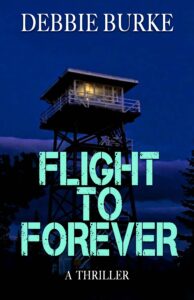
Or ask your favorite independent bookstore to order the paperback.



